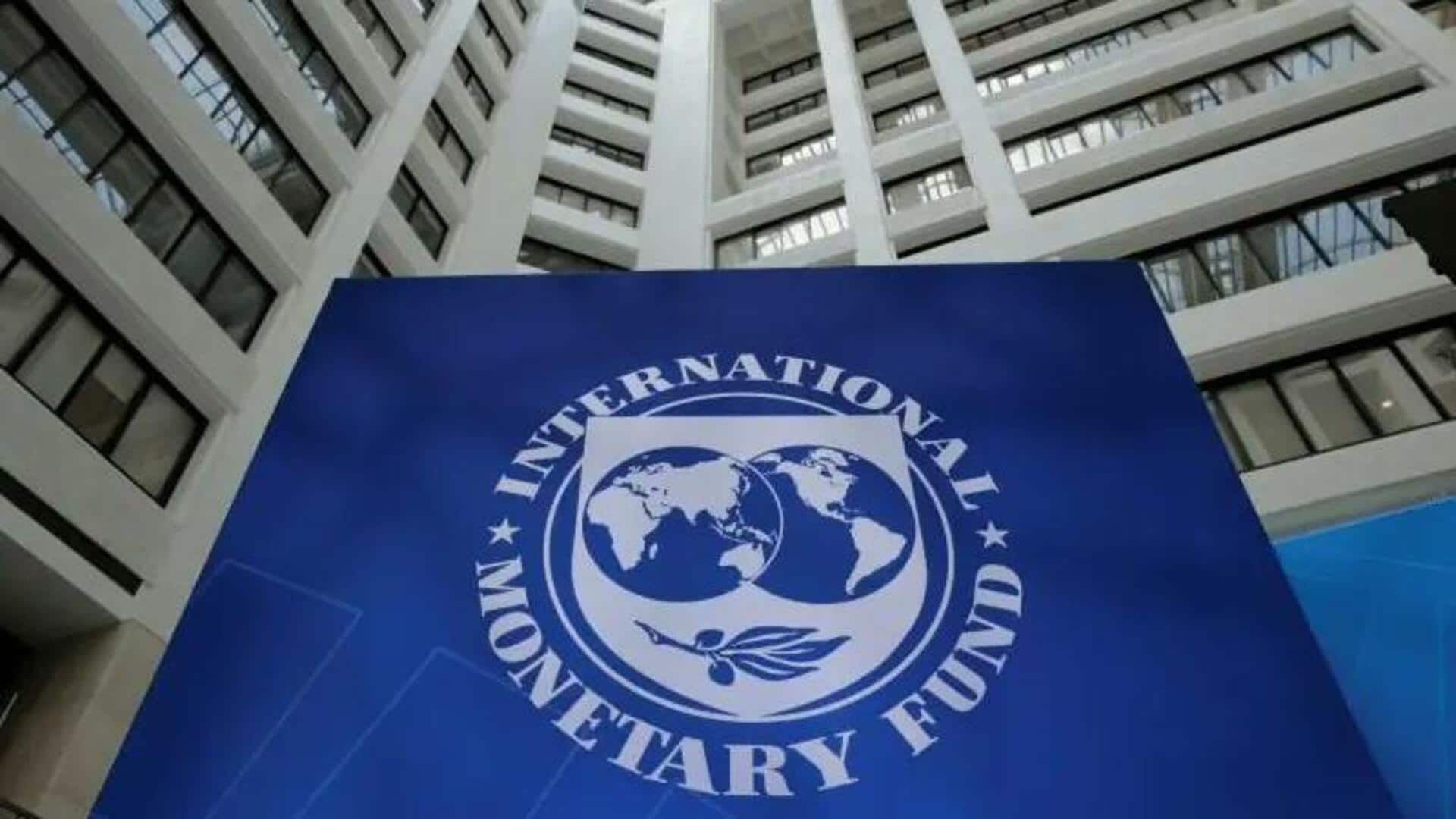
Pakistan loses as much as 6.5% GDP to corruption: IMF
What's the story
The International Monetary Fund (IMF) has identified corruption as a major hurdle for cash-strapped Pakistan. The global financial institution said that if Pakistan implements a package of governance reforms within the next three to six months, it could boost its GDP by up to 6.5% over five years. The IMF's recommendation comes after the Pakistani Ministry of Finance released the Governance and Corruption Diagnostic Assessment (GCDA) report on Wednesday.
Corruption costs
IMF report highlights corruption's economic impact
The 186-page GCDA report noted that there is no reliable way to measure the extent of corruption in Pakistan. However, it said the costs could be inferred from the recovery of corruption-related assets. The report highlighted recoveries of PKR 5.3 trillion estimated for the period from January 2023 to December 2024. It also revealed that Pakistanis often have to bribe officials for services.
IMF
Reasons for lagging behind
According to the IMF, Pakistan's corruption risks stem from weaknesses in budgeting and fiscal reporting, as well as management of public financial and non-financial resources, particularly capital spending, public procurement, and the management and oversight of state-owned enterprises in an overly complex and opaque tax system. It stated that Pakistan's judiciary is organizationally complex and incapable of consistently enforcing contracts or protecting property rights due to issues with efficiency, outdated legislation, and the integrity of judges and other judicial officials.
Reform agenda
IMF urges immediate implementation of governance reforms
The IMF has called for the immediate implementation of a 15-point reform agenda to enhance transparency, fairness, and integrity in Pakistan. Key areas include improving governance and anti-corruption measures, business regulation, and foreign trade regulation. The GCDA also calls for an end to special treatment for influential public sector entities in direct government contracts. It recommends greater transparency in decision-making processes of the Special Investment Facilitation Council (SIFC).
Economic impact
Corruption continues to hinder Pakistan's development: IMF
The IMF report noted that corruption is "persistent and corrosive" at every level of government in Pakistan. It said that official policies and practices have been shaped by economic and political elites to enrich themselves at the cost of greater societal well-being and economic growth. The report quoted M A Jinnah, Pakistan's founding father, who denounced corruption as a poison that needed to be eradicated in 1947.
IMF programs
Pakistan's history of seeking IMF assistance
"More than 70 years later, corruption continues to hinder Pakistan's macroeconomic and social development by diverting public funds, distorting markets, impeding fair competition, eroding public trust, and constraining domestic and foreign investment," the report said. Pakistan has approached the IMF 24 times since 1958, making it one of the Fund's most frequent borrowers. The current deal under Shehbaz Sharif is Pakistan's 25th program with the IMF. So far, two tranches have been issued and a third is expected next month.